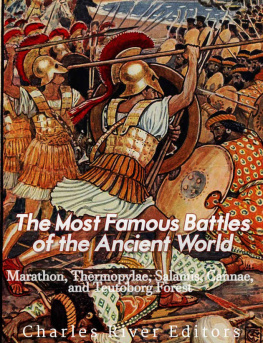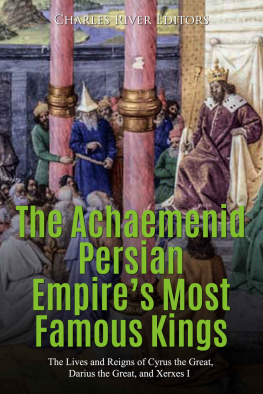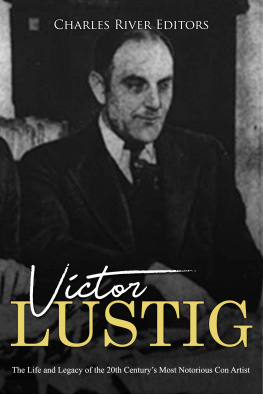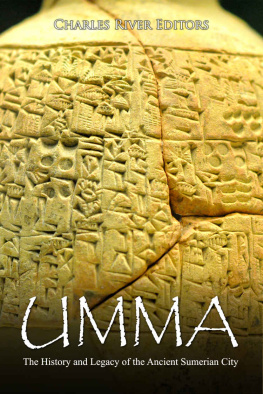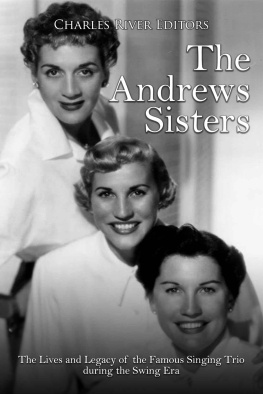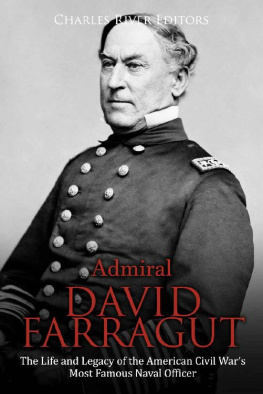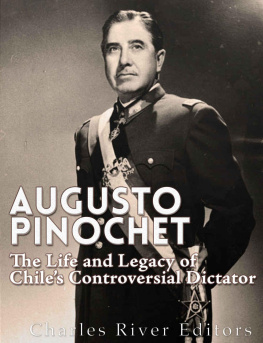Meyer Lansky: The Infamous Life and Legacy of the Mobs Accountant
By Charles River Editors
About Charles River Editors
Charles River Editors provides superior editing and original writing services across the digital publishing industry, with the expertise to create digital content for publishers across a vast range of subject matter. In addition to providing original digital content for third party publishers, we also republish civilizations greatest literary works, bringing them to new generations of readers via ebooks.
Sign up here to receive updates about free books as we publish them, and visit Our Kindle Author Page to browse todays free promotions and our most recently published Kindle titles.
Introduction
Meyer Lansky
Don't worry, don't worry. Look at the Astors and the Vanderbilts, all those big society people. They were the worst thieves - and now look at them. It's just a matter of time. Meyer Lansky
One of Americas most infamous mobsters, Meyer Lansky, was also one of the most mysterious, a perplexing, yet inexplicably intriguing individual with multiple reputations. To his admirers, he was in many ways the ultimate genius and survivor within the callous and cut-throat world of 20th century organized crime. Even in adulthood, Meyer was smaller than most, standing anywhere between 4'11 to 5'4, and weighing 136 pounds at his heaviest. He was not merely an intellectual he was worldly and wise, one who often doled out advice akin to poetry to his children and grandchildren, his gravelly voice oddly soothing. At the same time, he had all the stealth and cunning of a sphinx, and while remarkably even-tempered, gangsters twice his size dared not cross him. To them, he was no more than a wildly ambitious, often misunderstood entrepreneur who trod upon the border between legality and lawlessness with all the mastery of a tightrope artist. He was, above all, the definition of humility, one whose handshake was worth more than any contract, and a man who actively dodged the spotlight that doggedly tailed him until the end of his days.
Conversely, most will quickly concede that while Lansky was an exceptionally clever criminal, he was a criminal all the same, and the crimes of this dark horse were unforgivable. Meyer was a fraudulent, tax-evading crook whose massive fortune was literally made off the bodies of countless victims. He was a silver-tongued fiend who preyed on the weak and impressionable, plying them with booze and drugs and feeding their gambling addictions.
Lansky, whose most famous nickname remains the Mobs Accountant, was one of the few gangsters of his era to die in old age, and he was never pinched for anything more serious than gambling. Its believed he made upwards of $20 million in his time as a mobster, but some still claim he was never the mogul the media painted him out to be. Instead, they assert that he was an expendable middleman, and that he was an overzealous rogue who squandered away whatever fortune he had.
Meyer Lansky: The Infamous Life and Legacy of the Mobs Accountant profiles the controversial life of one of organized crimes most notorious figures. Along with pictures of important people, places, and events, you will learn about Meyer Lansky like never before.
Becoming Meyer Lansky
I don't know how fully convinced you are of the importance of learning, but in due time, you will realize the importance of school. attributed to Meyer Lansky by his grandson
Maier Suchowljansky was born in the dicey city of Grodno, Russia (now Belarus) in 1902. His parents, Max and Yetta Suchowljansky, christened him after the celebrated 2 nd century Jewish Rabbi Meir, who imparted to various sages the gift of enlightenment. The pair were comparable in various ways, including that they were both highly intelligent, persecuted, and forced to struggle in a tempestuous environment they had no control over. But it was there that their paths diverged.
Obscurity seemed to be a major element of Maier's life from the very beginning. His earliest childhood records, such as his enrollment applications for one of his schools, list his birthday as the August 28, but his date of birth on his immigration documents was registered as July 4. As the story goes, his grandparents, Benjamin and Basha, knew only their grandson's birth year, leaving it up to the immigration officers to assign one to him. One could say this episode was the initiation of the alienation he would feel for the rest of his life. In the same breath, one could say it heralded the emergence of his lesser-known patriotism.
For the first eight years of his life, Maier and his family did their best to persevere in the oppressive, violently anti-Semitic climate of early 20 th century Russia. Russian and Polish Jews retaliated in kind, forming numerous institutions that attempted to defend Jewish neighborhoods against anti-Semitic mobs. Their efforts were noble, but with the cards stacked against them, they could only do so much. A scrupulous, but low-earning garment presser, Max Suchowljansky struggled to maintain the roof over the family of four, and for years, he scraped by the best he could, wishfully pining for a brighter day.
Much to his dismay, the anti-Jewish sentiment at home was rapidly degenerating. The dawn of the 1900s saw a dramatic upswing in lootings, rape, and senseless murders that targeted Jewish populations across the empire. A passage from the diary of journalist and Bolshevik revolutionary Isaac Babel described one such pogrom, noting that the assailants cut off beards...assembled 45 Jews in the marketplace, led them to the slaughteryard, tortures, cut out tongues, wails heard all over the square... One of the worst ordeals suffered by Jews transpired in 1903 in Kishinev, roughly 650 miles south of Grodno. On Easter Sunday, throngs of anti-Semites plundered 1,500 Jewish storefronts and countless homes and set them ablaze, savagely laying waste to two-thirds of the city in just two days. More heartbreaking yet, 49 Jewish residents were slain, 92 were severely injured, and numerous others were raped. The Suchowljanskys themselves fell victim to an unrelated attack when a relative's arm was hacked off while he was attempting to defend himself.
In 1909, Max hopped aboard a boat destined for Ellis Island, determined to seek out a more promising future for his growing family. He embarked on this journey alone, and he shortened his surname to Lansky upon his arrival. Only after securing himself a job and a dingy apartment in Brooklyn two years later did the rest of the family follow him to New York.
The Suchowljansky boys, 8-year-old Maier and his younger brother Jacob, clung onto the railing of the rickety boat, their gleaming eyes widening at the sight of the Statue of Liberty. All the stories young Maier had heard about this fantastical place swirled in his head all at once; this was where one could pursue their dreams with no restraints, a land of opportunities and second chances. As an adult, Lansky would later recall his 8-year-old self's idealistic expectations of the United States, a place of angels...somewhat like heaven.






